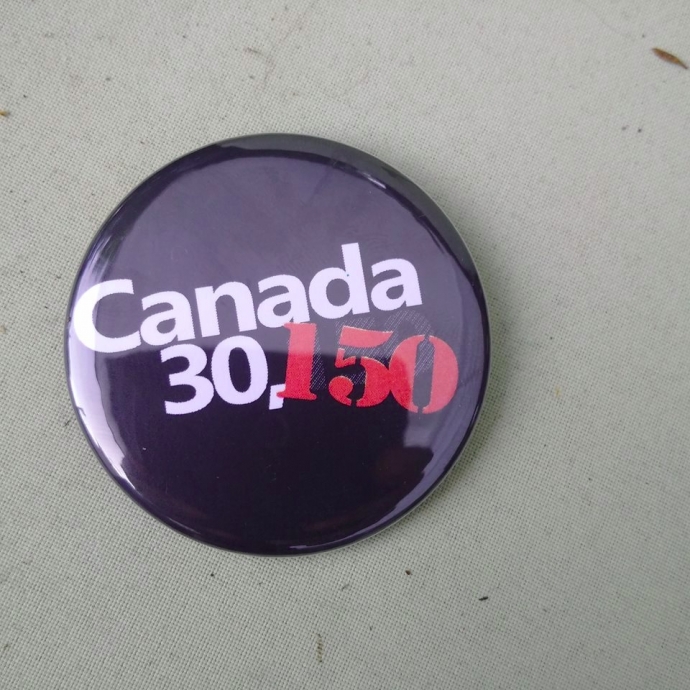As a proud member of the Opaskwayak Cree Nation, and a legal theorist in the faculty of law at the University of Toronto, I struggle with the issue of how to understand what a just relationship might look like between settler and Indigenous people. There are many large scale political, legal and territorial remedies to consider, things like providing Indigenous people greater jurisdiction over their traditional territories, or developing child welfare systems that take account of our clan based family systems rather than the nuclear family favored by current systems. These are necessary steps on the road to reconciliation, but they also represent enormous political and legal struggles.
Given the enormity of these changes, there is little hope we will come together with consensus on these ideas in the next few years or even decades. But there are small wins that we can make along the road to reconciliation. Reconciliation cannot be just about jurisdiction over lands, reconciliation must also be about how we think about and understand our shared history.
Canada as a nation did not begin one hundred and fifty years ago. Canada began in a place, and that place and its peoples have been here on Turtle Island for tens of thousands of years. Celebrating 150 years of history wipes away thirty millennia of prior existence on this land. That is why on Canada Day, I will be celebrating Canada 30, 150. I suggest you do too.
Remembering to include in our official celebrations the prior thirty thousand years of history in this land is a small win, but an important step on our road to understanding our shared past, and in contemplating our future together on this land.

